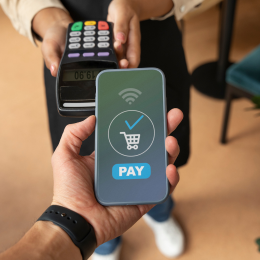In the digital age, online scams have become more sophisticated, with social engineering emerging as a key tool for criminals. Recently, a type of scam has emerged that involves creating empathy between the scammer and his victim, taking advantage of the trust gained to commit successful frauds.
The modus operandi begins with the arrival of the supposed client at a store, where he starts a conversation with the seller, addressing topics of general interest to generate empathy. This process, called “social engineering,” establishes a connection that the scammer exploits to obtain the necessary information.
After placing an order, which often involves significant sums, the scammer requests account details, such as the CBU or alias, and simulates problems in the process. Using this information, it creates a false payment receipt, which may be from Mercado Pago or another bank, adding credibility to the scam.
Once they have the proof, they proceed to show it, some more advanced in practice send it via WhatsApp and provide a fake phone number to reinforce the lie.
Therefore, measures are recommended such as: deactivate the chip and request a new SIM card immediately after losing the cell phone, change all passwords and activate expense notifications in applications. In turn, do not wait until the end of the month to check balances and use complex passwords, since more than 60% of users repeat passwords in various applications.

